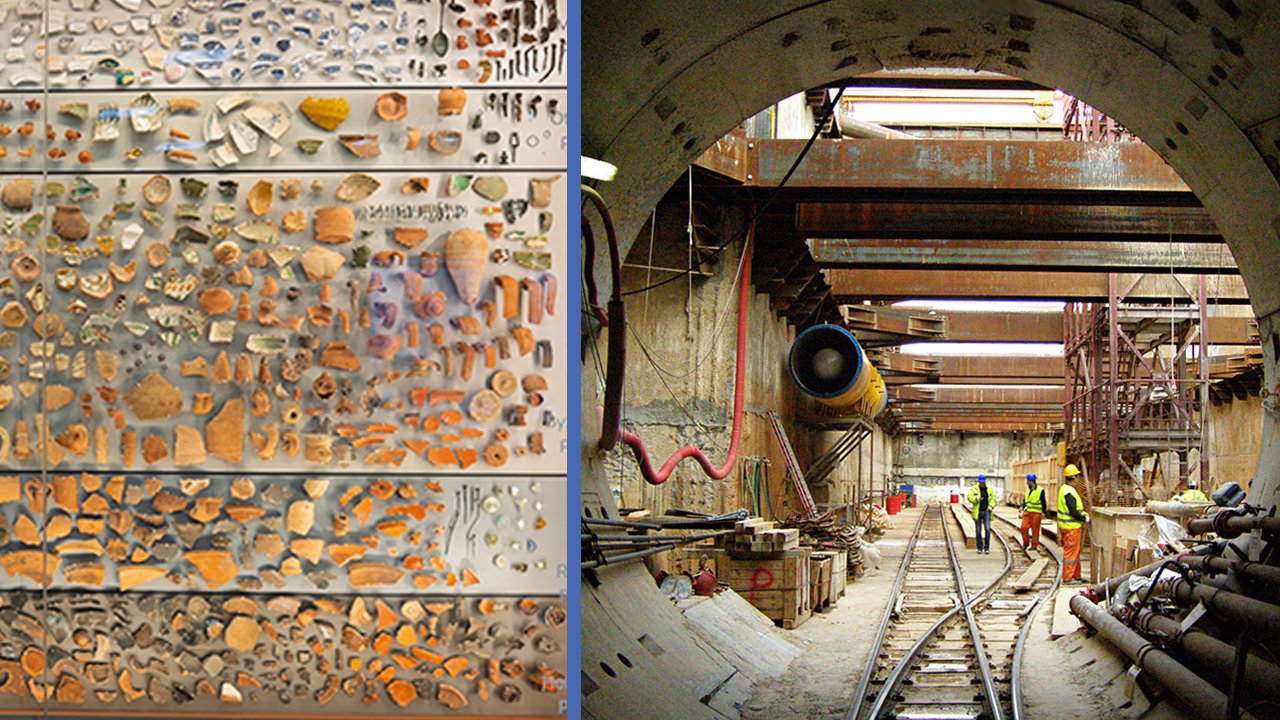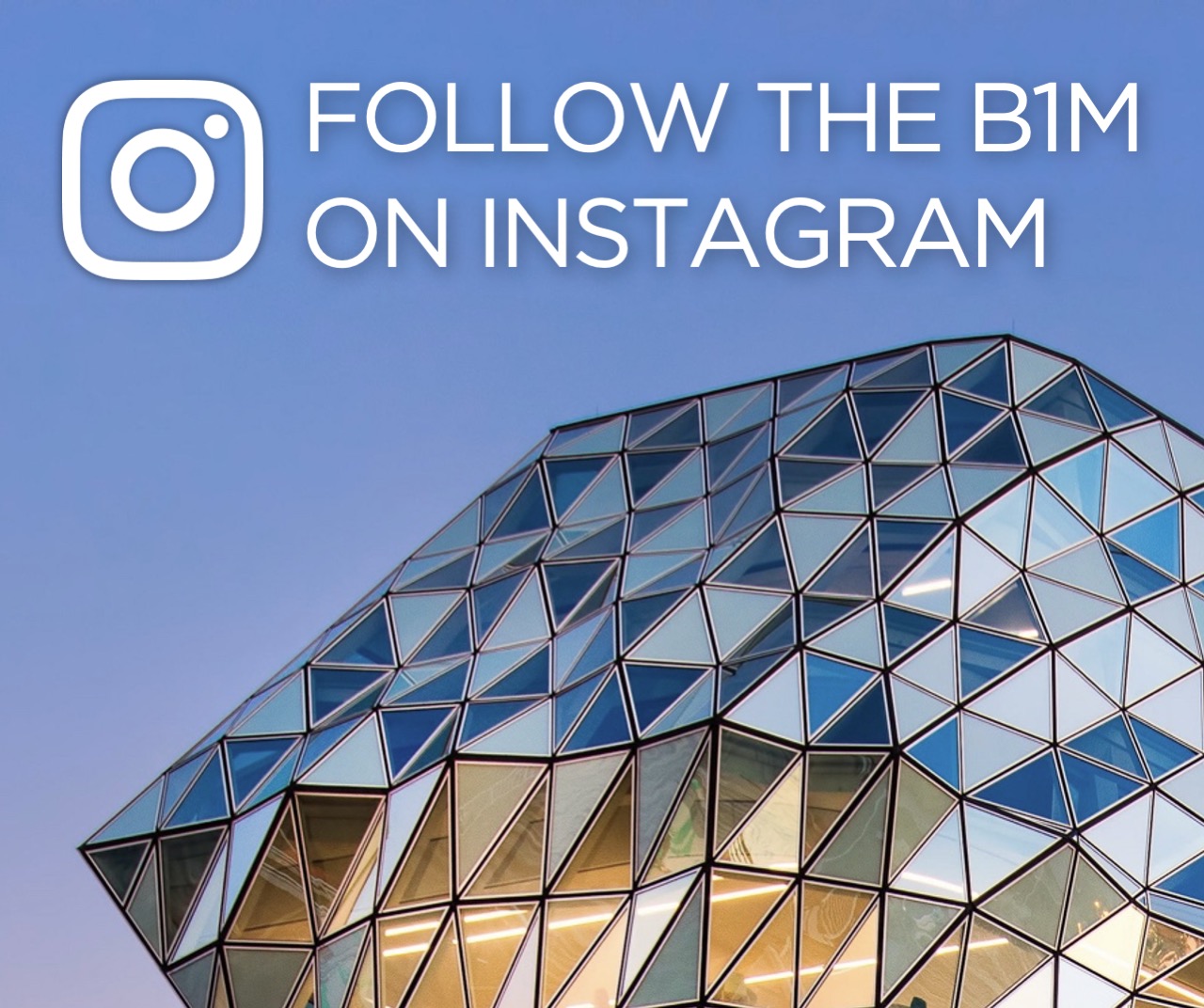Egypt’s Insane Olympic City in the Desert
- Youtube Views 0 VIDEO VIEWS
Video hosted and narrated by Fred Mills. This video contains paid promotion for Brilliant.
EGYPT’S impressive New Administrative Capital Stadium could change history. The 93,000 capacity arena was opened last year and it’s the centrepiece of a huge Olympic City, currently being built in the New Administrative Capital.
The northeast African country has built a whopping great Olympic megapark as it readies a bid to host in 2036. It features a whole array of remarkable facilities, some still underway, and stands as the largest sporting complex of its kind in Africa.
The problem is... Egypt hasn't actually placed a bid to hold the Olympics yet. Officials there have hopped, skipped and jumped head first into building this extravagant facility with no promises of hosting anytime soon.
And having borrowed more than $50 billion this year alone, they’re going for broke in an attempt to land a first Olympic Games for the continent. If they pull it off though, it’ll be a landmark moment for the whole of Africa and could change the world of sport forever.
The Olympic Games have been around for years. The first edition was held at Olympia in Greece in 776 B.C. It included many of the events we still see today, like long jump and discus. But also some lost in time like Chariot Racing.
The modern Olympics were then reborn in 1896 in Athens, making the event older than plastic, the vacuum cleaner and the humble tea bag. But somehow, in its 128 year history, the Games have never ventured to the world’s second largest continent: Africa
And it’s not because African nations have never bid to host the Games. Egypt has unsuccessfully tried to land the Olympics on three separate occasions. But could this new Olympic City change history forever?

Above: Egypt's Olympic City is currently under construction in the New Administrative Capital.
Olympic City just one piece of a bigger puzzle
Cairo’s struggling with overcrowding. The government’s answer is to build, from scratch, a swanky new multi-billion dollar capital city in the desert. The New Administrative Capital is the size of Singapore and this Olympic City is one of its crown jewels.
And just because a project is bold, it doesn’t mean it’s not impressive. If anyone has history with incredible construction, it’s the Egyptians. Just look at the Karnak Temple complex, Al-Rifa’i Mosque or The Great Pyramid of Giza.

Above: The Great Pyramid of Giza is the largest pyramid in Egypt. Image courtesy of Amandeep Chhabra.
Egypt’s engineering is the stuff of legend.
And with this incredible reputation comes immense pressure. The architects of this project have the expectations of more than 100 million people on their shoulders. But the Olympic City is more than up to the task.
It’s made up of a whole host of sporting venues including various arenas, courts and pitches. It also features hotels, chalets, a hospital and even a theatre.
The pride of the site is the three tiered Olympic stadium. Work started on the arena in 2019 and was carried out by contractor Orascom and structural engineers, MJW Structures.
It was finished last year and stands as the biggest stadium in the Middle East.
As with most modern sports grounds, it’s built in a rounded shape to provide the best viewing angles and acoustics for fans. Elliptical plans also offer structural stability to withstand heavy footfall and weather.
The stadium sits on a 128,000 square metre site, fit with a football pitch and athletics track, surrounded by three levels of stands.
As is common in Egypt, reinforced concrete has been used to build out the stadium, supported by a steel tendon structure.

Above: Egypt's New Administrative Capital Stadium.
What’s really exciting is the spectacular roof. Its design is inspired by the headdress and necklace of Ancient Egyptian Queen Nefertiti.
Its surface covers more than 45,000m2 and was constructed using a light spoke wheel structure to support the span of the design.
It’s built in three dimensions and consists of an internal tension ring supported by 32 pylons that hang the wave shaped roof. The roof is then made up of 64 girders, interconnected by a stiffening ring and membrane cover panels.
It all then comes together with an external facade of nearly 11,000 blue and turquoise panels.
What’s created is arguably the most striking sports arena on the continent. Although don’t tell the owners of the Moses Mabhida and FNB stadiums in South Africa…

Above: The roof of Egypt's New Administrative Capital Stadium is based on the headdress and necklace of Ancient Egyptian Queen Nefertiti.
The extortionate costs behind hosting the Olympics
With facilities either built or well underway, a main road network included and a new airport whipped up nearby, Egypt’s Olympics bid will be stronger than ever.
But it won’t come cheap. Between building new venues, accommodation, travel links and the ceremonies, costs become astronomical.
Budgets are mere lines in the sand and before you know it, you’ve spent billions of dollars.
London's 2012 Olympics cost more than $14 billion. Tokyo in 2020 was $13 billion and Beijing in 2008 was reported at a staggering near $40 billion sum.
The International Olympic Committee does help out but, as an example, the contribution for the Tokyo Games in 2020 was less than $2 billion.
Revenues don’t tend to come close to covering the costs either. Tokyo made $5.8 billion, $7 billion short of the total paid to throw the sporting party.
There's no way around it, hosting the Olympics is eye-wateringly expensive. It’s no surprise the number of bids to host in recent years has been falling. The rewards don’t seem to be stacking up.
A summer Olympics comprises 32 sports and each one needs a world class facility.
There aren’t many nations in Africa which have had the infrastructure in the past, but that’s changing.
South Africa has been leading the way. When the nation hosted the 2010 FIFA World Cup it was a landmark move for sport in Africa. In 2030 you’ll be able to watch Morocco co-hosting the football tournament.
Egypt wants to take things to the next level though. And to win over the International Olympic Committee, sustainable facilities are key.
"The organiser of the Olympics will need to plan carefully, longer term use of the city after this development to avoid any significant under-utilisation after the Olympics has finished", said Professor Ashraf Ashour, a professor of structural engineering at the University of Bradford. "From a sustainable point of view, it may cause the depletion of resources which may require ongoing maintenance after the completion of the Olympics and that will require financial commitments."
Hopeful hosts need to prove they can use as many existing and temporary venues as possible to avoid unnecessary building.
As an example, 12 of the 27 venues used for Rio in 2016 remained unused a year later. And running those venues, even if closed, costs millions.
Contrastingly, 95% of the venues for the Paris Olympics this year were pre-existing or temporary.
It’s fair to assume Egypt probably has this in mind by building ahead of bidding.

Above: Egypt's Olympic City comprises multiple sporting and recreational facilities in the desert. Image courtesy of Microsoft Corporation / Maxar / Distributor Airbus.
Will this Olympic City see success?
Egypt’s financial situation isn’t exactly rosy. In December 2022 the country’s external loans were sky high at around $163 billion.
The Egyptian pound has plummeted and the government is spending to tackle the issue.
A new city in Egypt’s northwest called New Alamein was inaugurated in 2018; country’s first nuclear power plant is under construction; the Grand Egyptian Museum, the biggest museum in the world, will open this year; and we’ve already mentioned the New Administrative Capital.
There’s no doubt the Olympics could prove to be a massive boost for the people of Egypt.
"Hosting a summer Olympics in Egypt would be a massive achievement for Egypt. There'd be significant economic, social and infrastructure benefits. In fact this could be a turning point transforming the country's future to a better situation and better economy", said Professor Ashour.
We’ll have to wait and see if Egypt’s bid will be successful.bWhen it comes, it’ll be up against a possible 13 competitors - the most popular bidding pool for years.
But Egyptian officials mean business.
Any nation ready to develop a stunning new Olympic complex like this won’t be happy until the goal is reached. The nation is tunnel visioned on success and it could be massive for Egypt’s future.
And that begs the question:
Are we about to witness history and see an Olympics finally awarded to Africa?
This video and article contain paid promotion for Brilliant. To try everything Brilliant has to offer for free for a full 30 days, visit https://brilliant.org/TheB1M/ and you’ll also get 20% off an annual premium subscription.
Video narrated and hosted by Fred Mills. Additional footage and images courtesy Bgabel / CC BY-SA 3.0, Steve Evans / CC BY 2.0, Cruz y Ortiz Acquitectos, André Motta / CC BY 3.0.
We welcome you sharing our content to inspire others, but please be nice and play by our rules.








